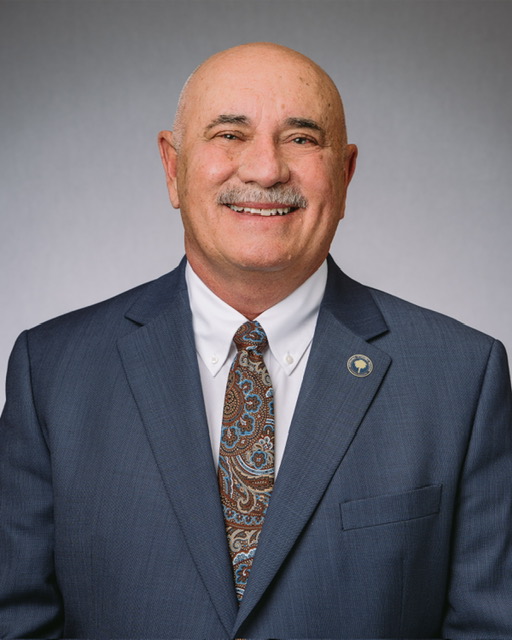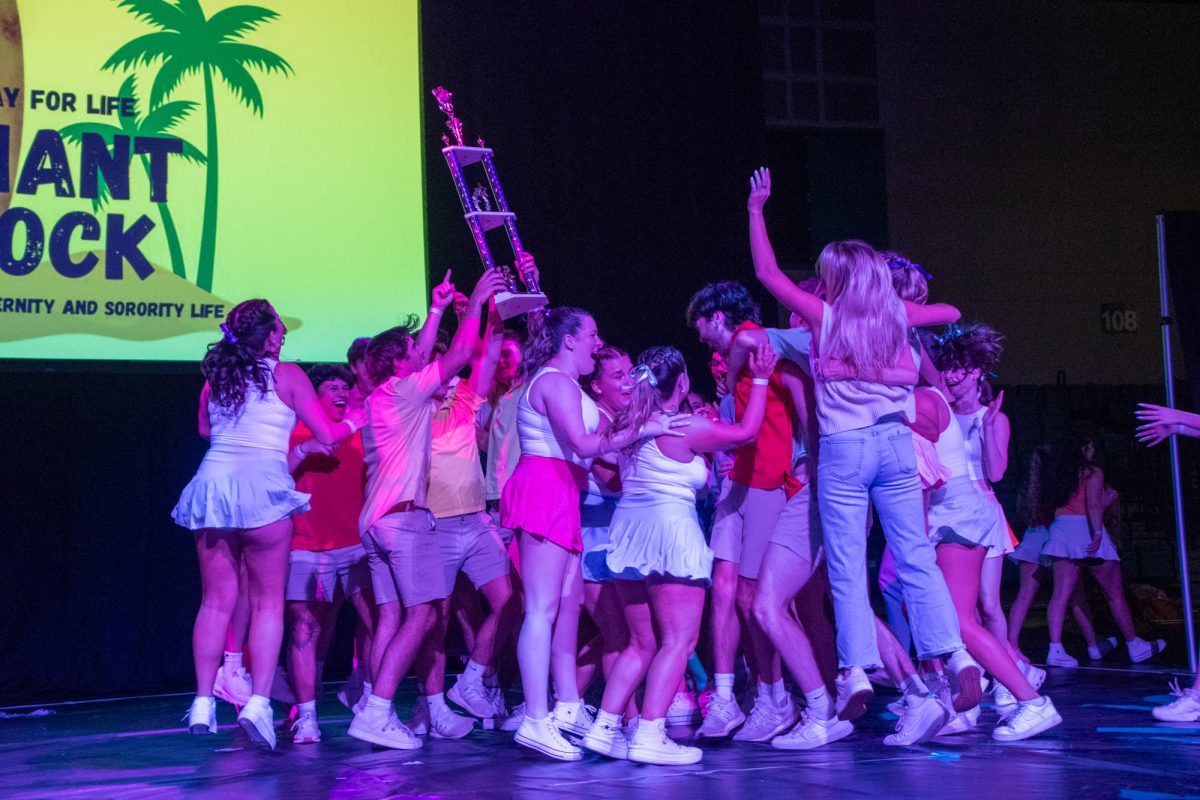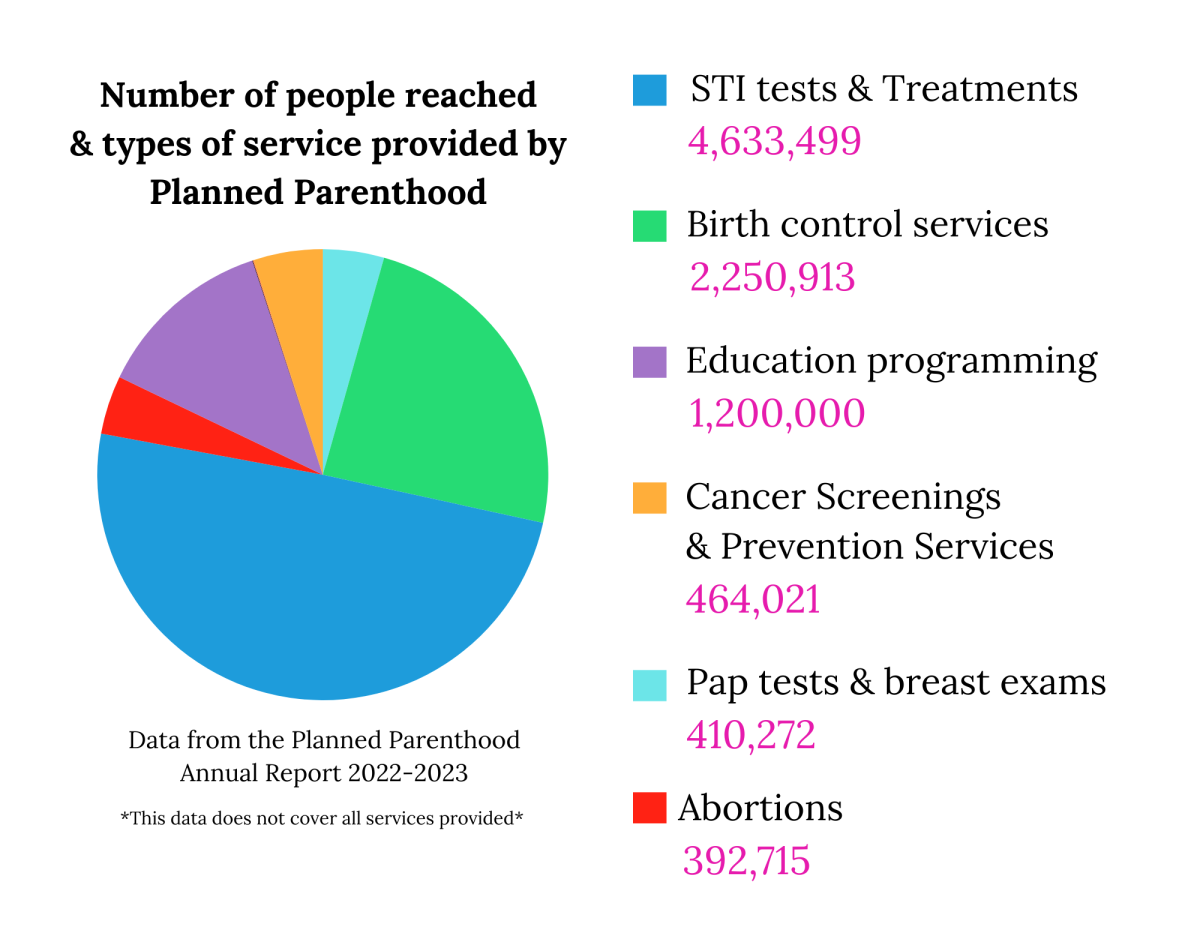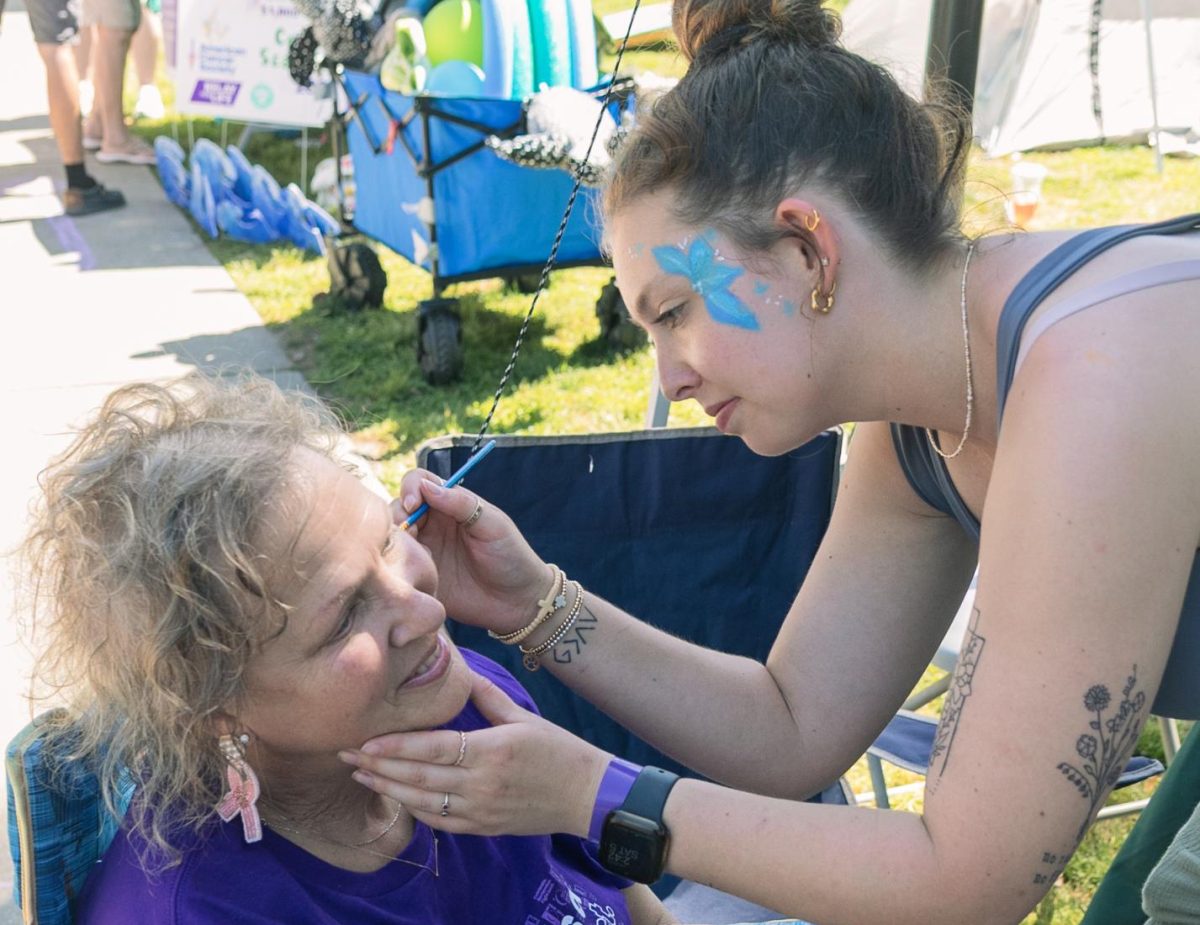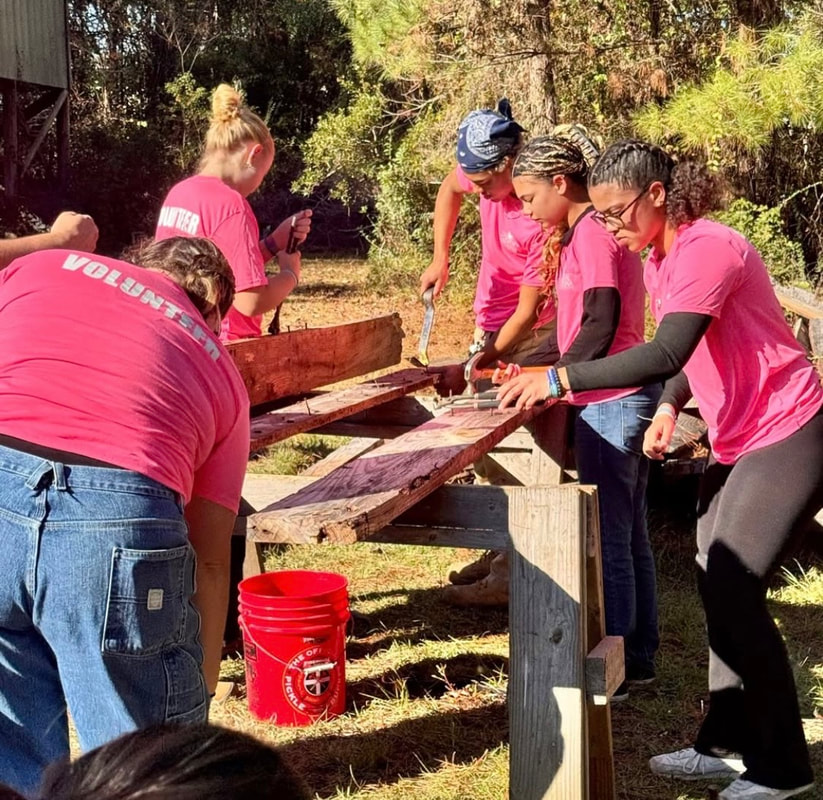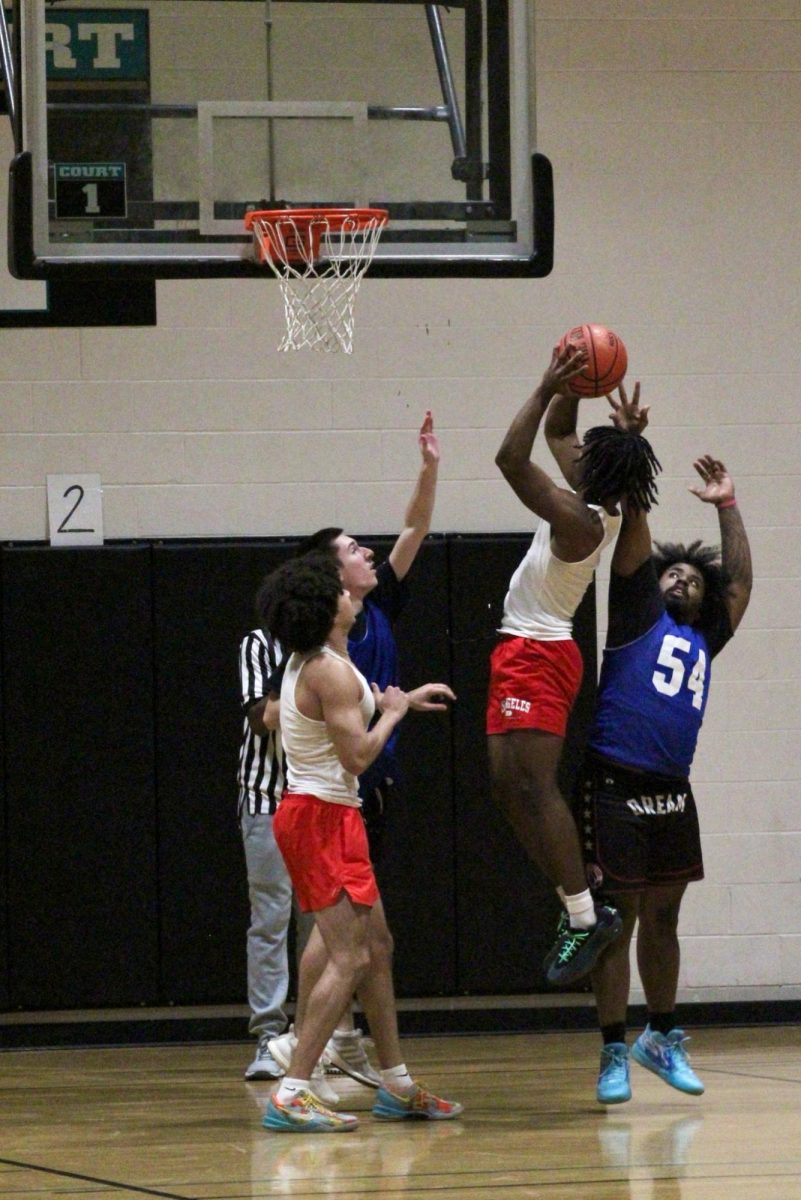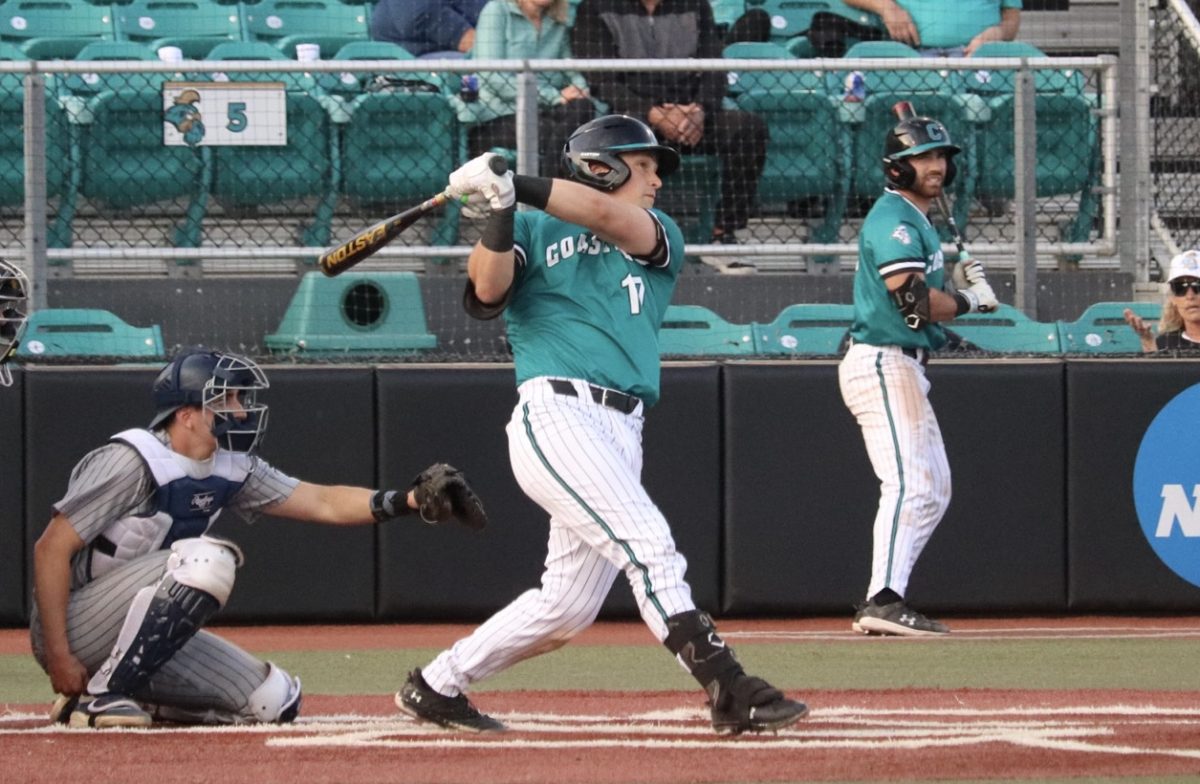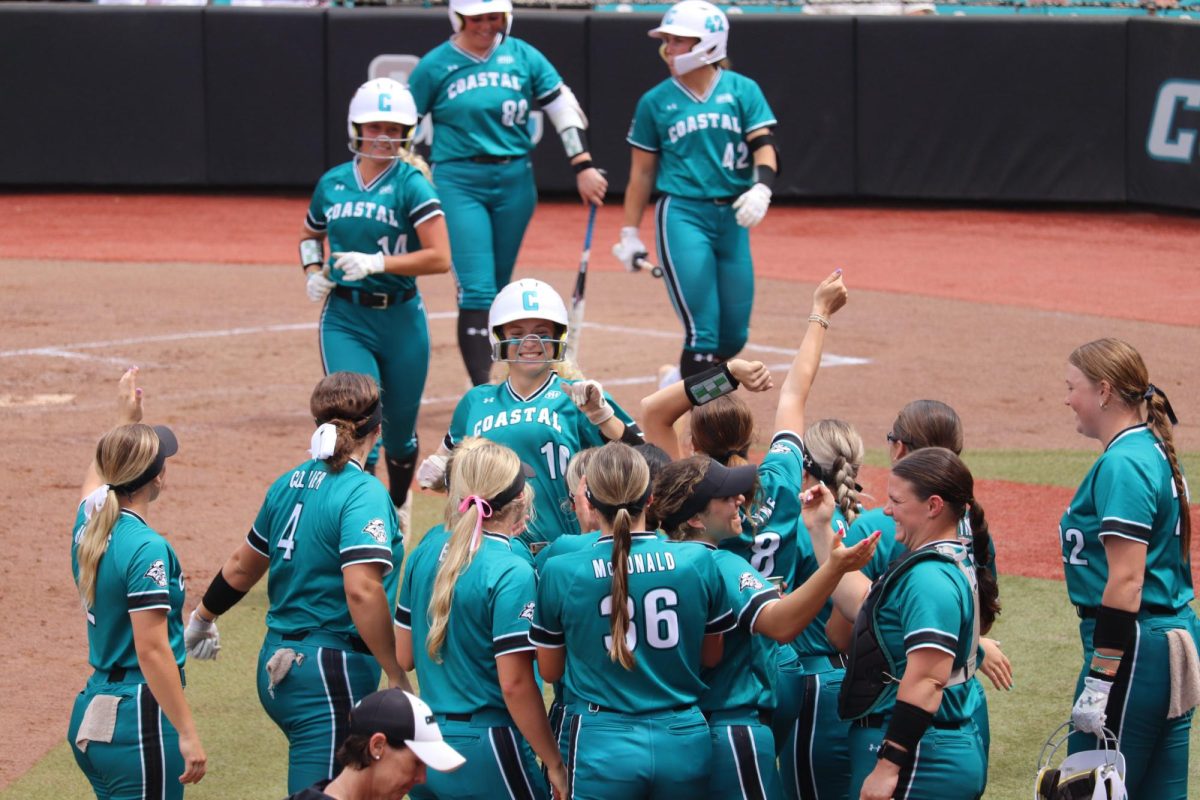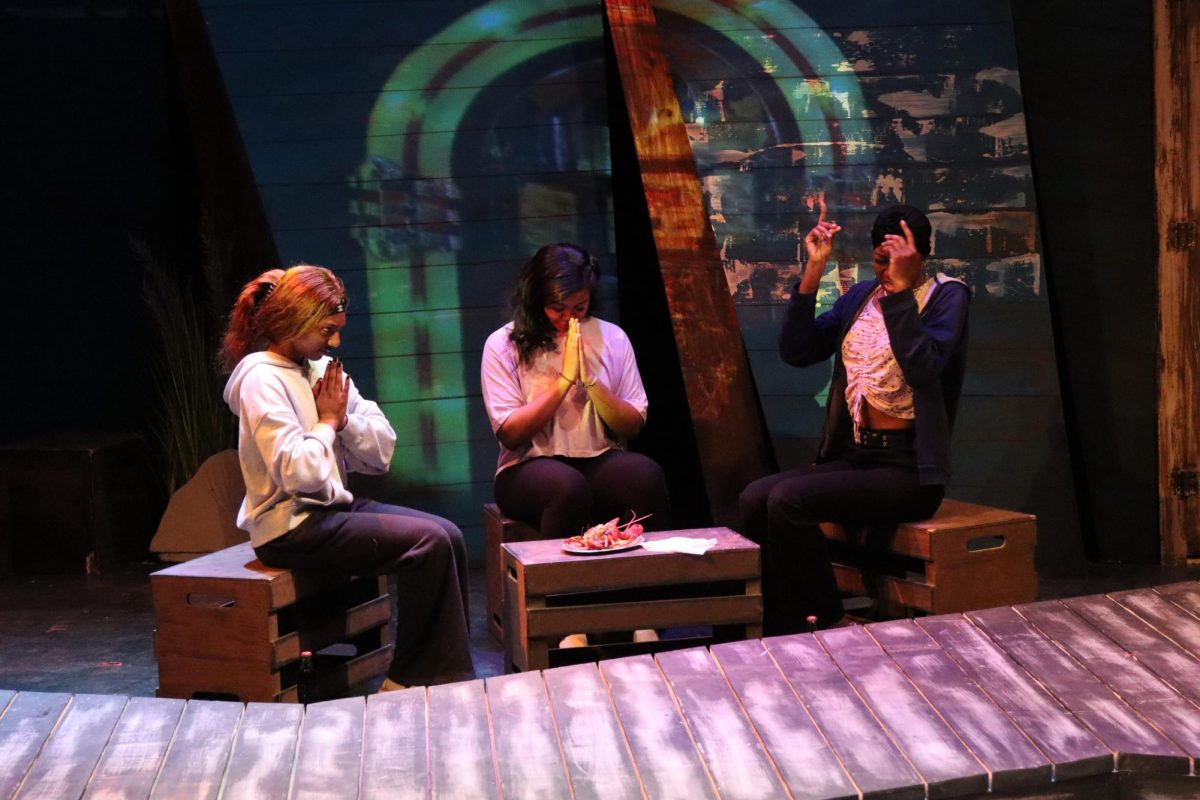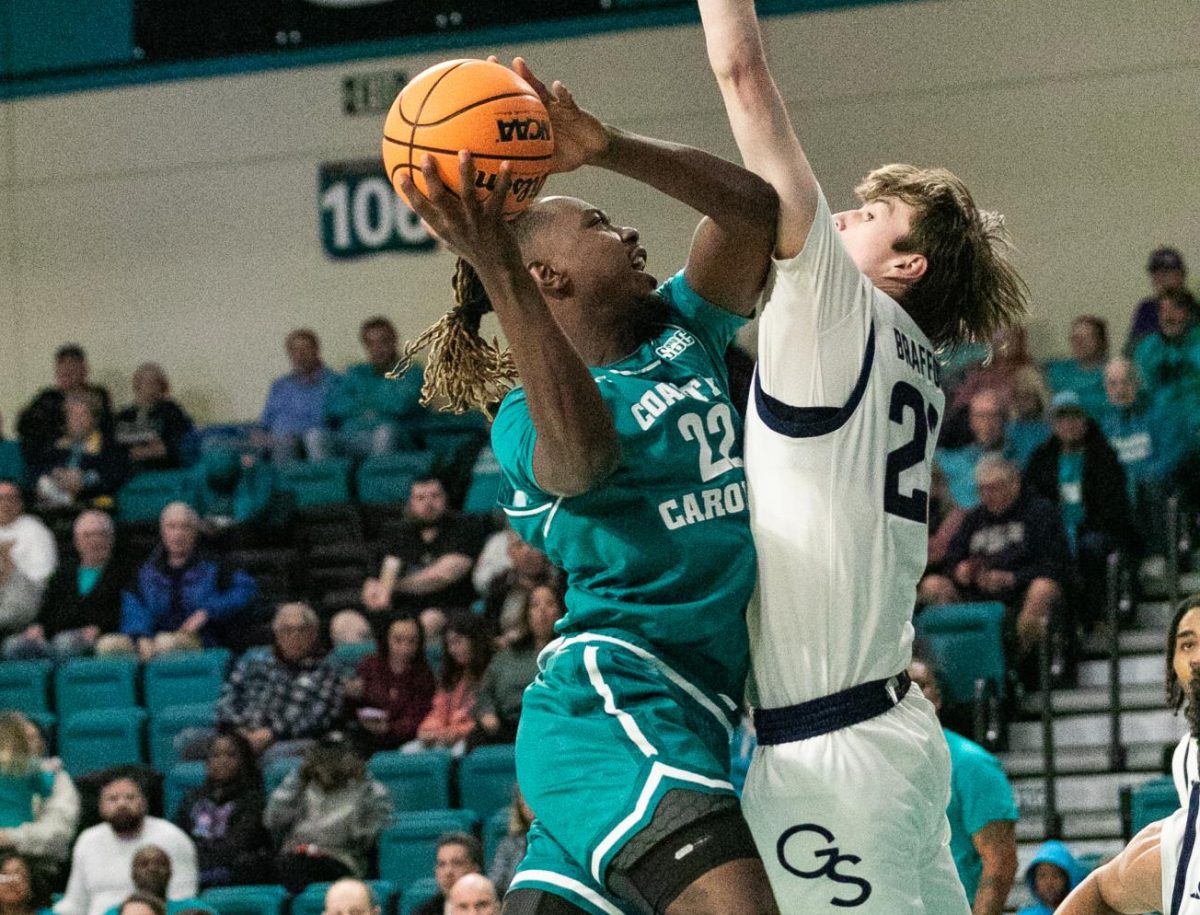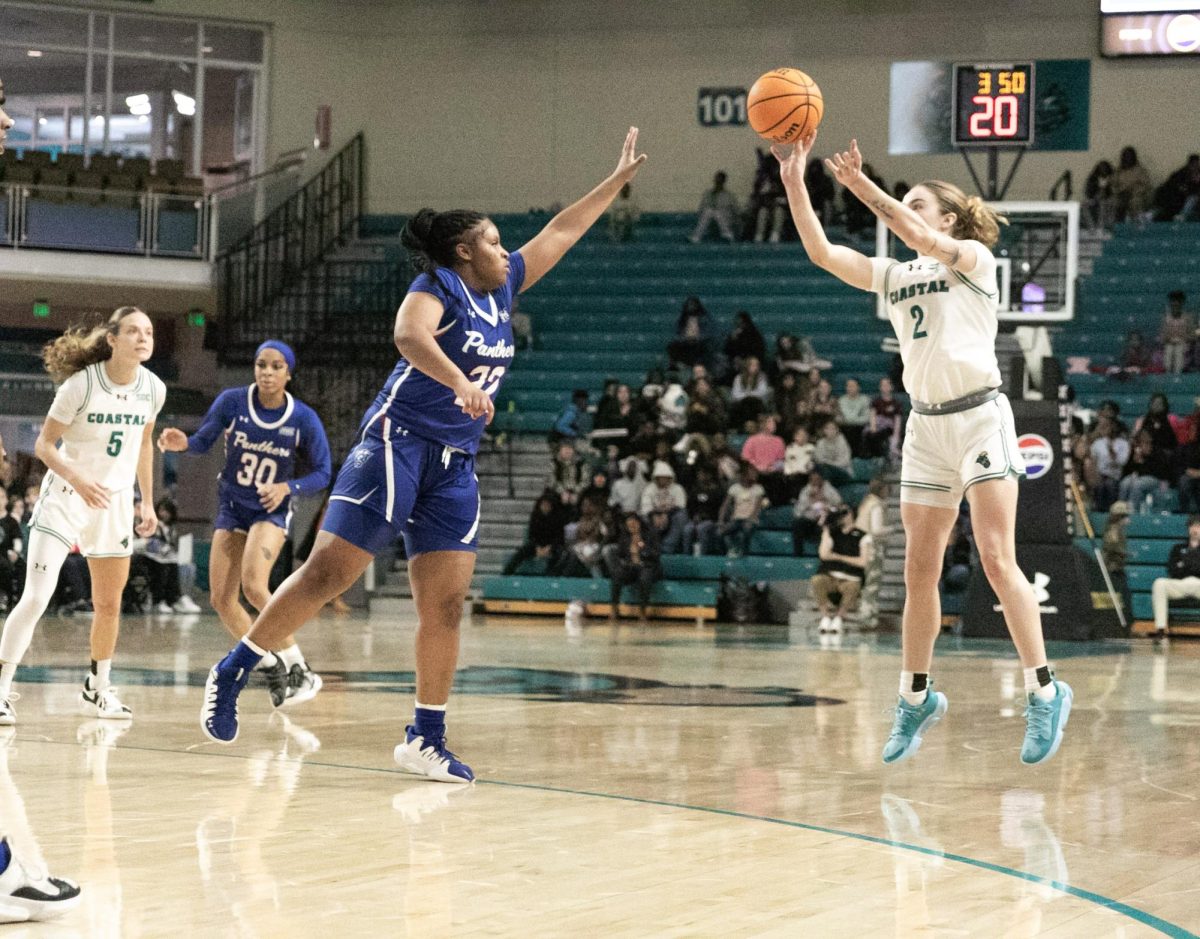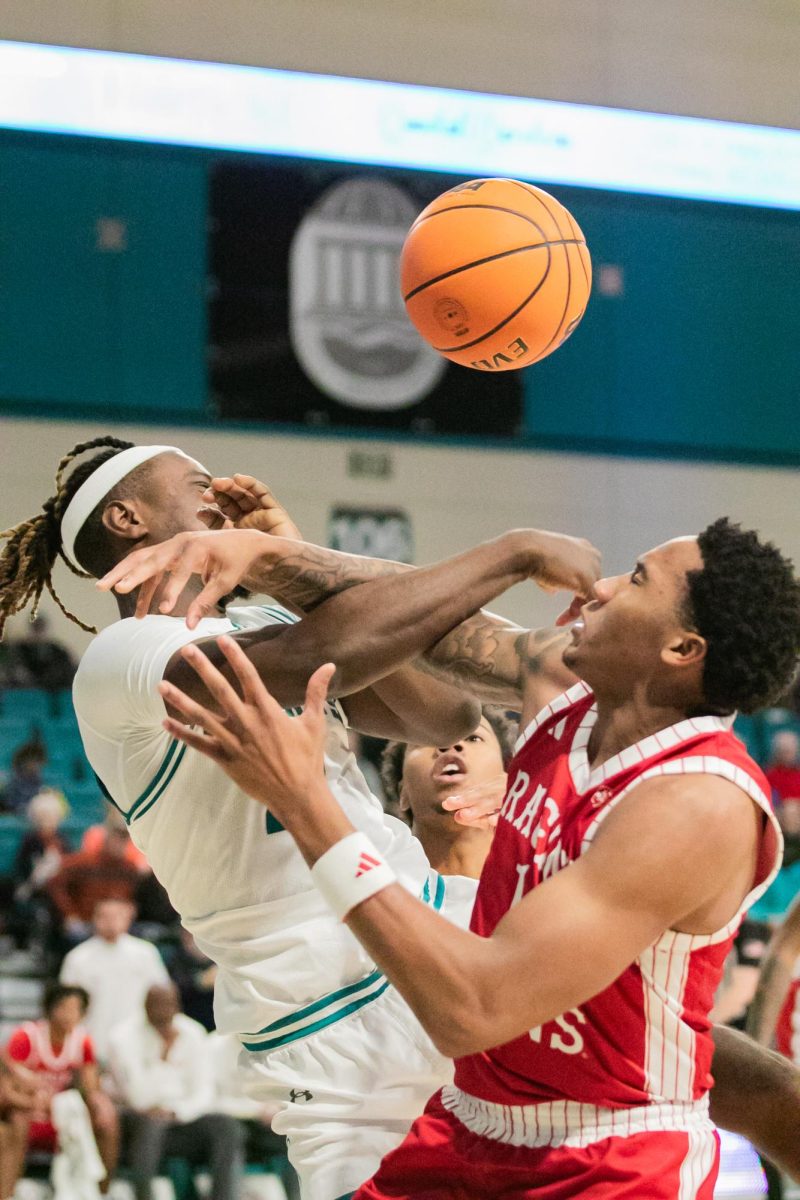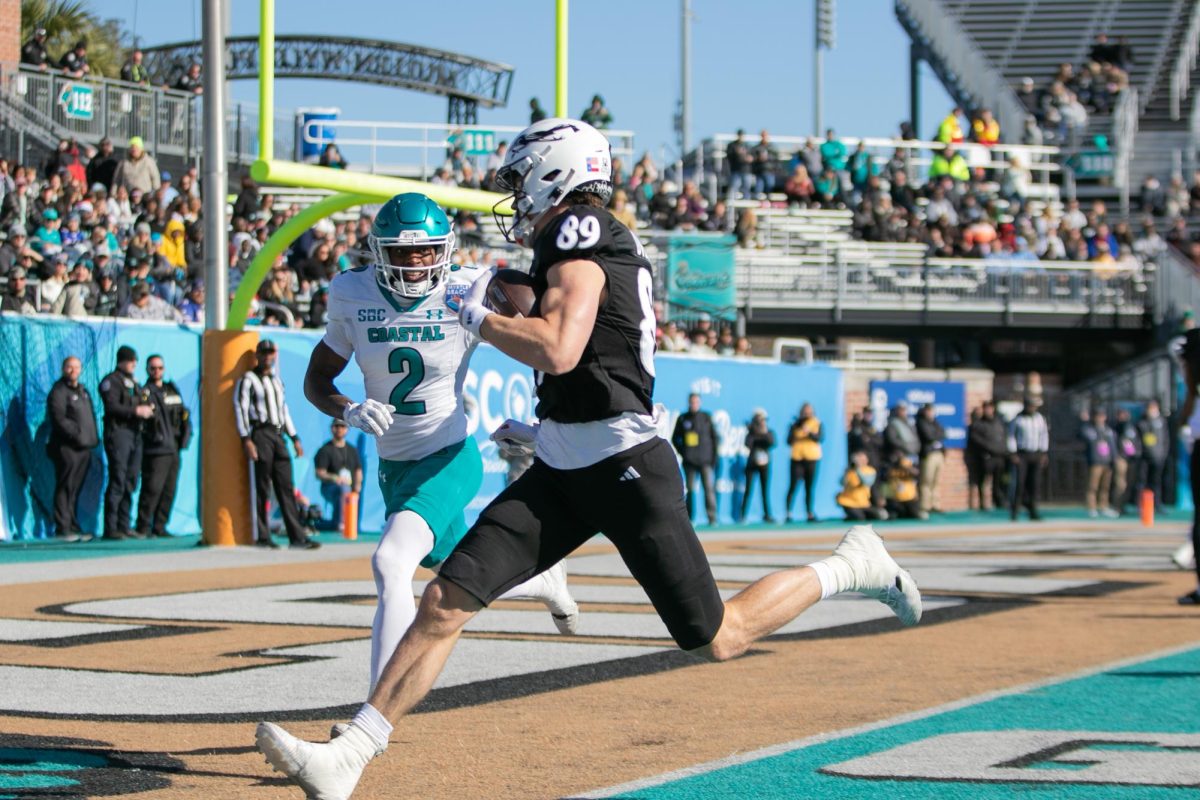The importance of a journalist
I have worked at Lowe’s Home Improvement in my small, conservative hometown for the last two summers. Although I was one of the youngest employees, I befriended many of my older coworkers. I told them about being at Coastal and what I was studying, and I was always met with twisted looks of disapproval when I said “journalist.”
I remember during my first week, the woman who had been training me said, “I hope you’re going to be a real journalist and not like those fake journalists on TV,” and while that offended me, I said nothing. I realized then that it is not easy to be a journalist in today’s world. Within the last 50 years, most Americans trusted journalists and reporters such as Walter Cronkite, Peter Jennings, and Dan Rather.
The public respected these men and trusted them to report on the most important news objectively. I believe there was a better understanding among Americans during the 20th century, a better understanding that a journalists’ job is to serve the public, that we are watchdogs with a code of ethics. Some people discredit journalism because it is unlike other professions that require a license or years of schooling, but I would argue that is precisely what makes this job one of the most important.
I’ve been told constantly throughout my college classes that if you are going into journalism to make money, you’re in the wrong major. Journalism requires a passion for honesty and uncovering truth, and at times that requires risking your life in the name of news. When I heard about the deaths of multiple journalists in Ukraine, it struck a chord with me. These reporters died in the pursuit of revealing the truth about Russia’s attacks on Ukraine. Russia, on the other hand, is fabricating lies to tell their citizens to keep them in the dark about what their military is doing. In countries like Russia, China, and North Korea the truth is not free like it is here, and that is something Americans take for granted.
After two years of COVID operations and finding a new printing contract, The Chanticleer has finally found our footing on campus. This year we have printed 10 newspapers total and launched a new and more interactive website. Last semester, we printed our first issue in November, 2021, after eight months of solely printing online. The physical presence of a newspaper on campus helped us spread the word about important campus issues and events, including our coverage of students’ protests about racially insensitive posters, Black History Month and Women’s History Month, Russia’s invasion of Ukraine, and Melissa Jefferson track and field success as Coastal’s first individual events champion. This semester we also added five new staff reporters and grew our newspaper staff to more than 25 students. However, we also had to overcome some obstacles. The biggest change being the transition of editors, as our previous editor, Shelbi Ankiewicz traveled to Germany and shifted her role on the executive staff to assistant editor. Shelbi helped me prepare for my role before she left, but taking on this role was still a big step. Another challenge and opportunity was the change to biweekly publication. Compared to the monthly deadlines we had before the new printing contract, this was a big change for everyone on staff. Despite these things, The Chanticleer has come out on the other side ready for next year and continued growth serving our community.
